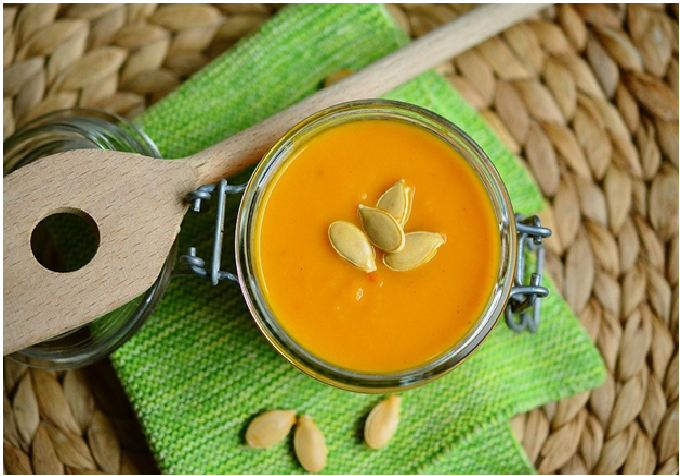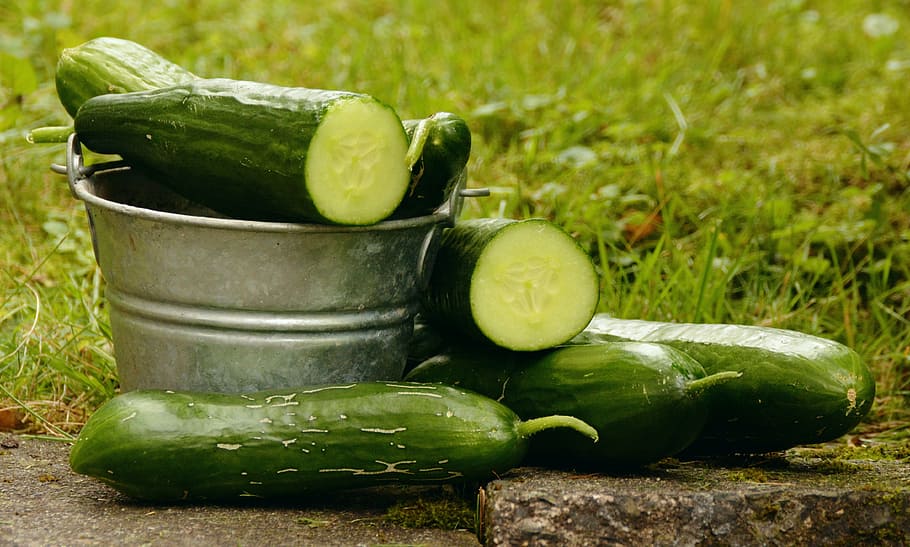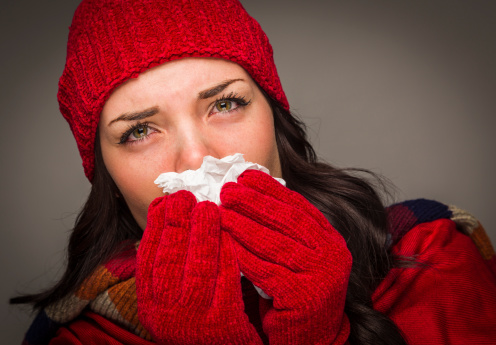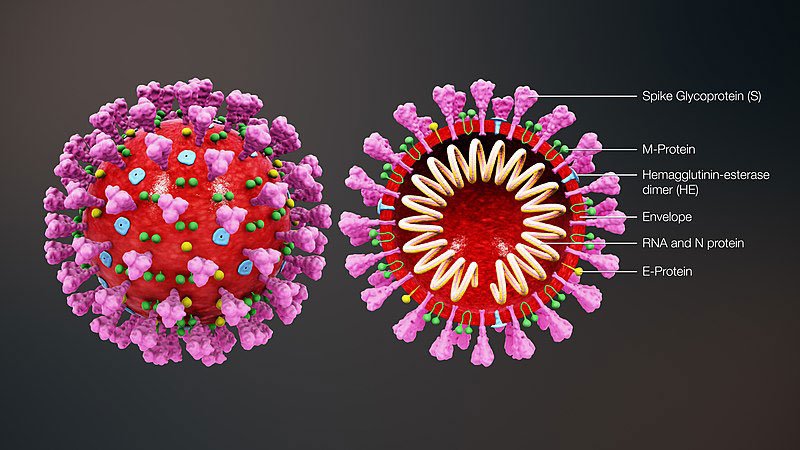Staying Healthy at the Peak of Flu Season
Flu season is upon us, and it doesn’t look like it’s about to let up anytime soon. Every year we brace ourselves for the winter months and the inevitable sickness they bring. Flu is one of the most dreaded illnesses of the season, but we never really know how hard it will hit or how long its peak period will last.
Preventing the Flu
The flu is a very serious illness that can be life threatening, and even the healthiest individuals are in danger of contracting it. As with any illness, preventing spread of the flu requires good habits such as:
- covering your mouth when you cough or sneeze
- frequent handwashing
- staying home when you are sick
- avoiding others who are sick
- and keeping hands away from the nose and mouth
However, one of the very best ways to prevent the flu and complications from the flu is to get a yearly flu vaccine. Every year, the circulating flu viruses are a little bit different from the year before, and the vaccine is modified to try to address the specific strains of flu that are anticipated to be prevalent. The flu vaccine comes in the form of a shot and a nasal spray.

The flu vaccine is released in October, and to have the best chance of preventing illness it is recommended that individuals get vaccinated as soon as possible. However, getting vaccinated at any point while the flu is still circulating will help to minimize your risk. Due to the Affordable Care Act, many individuals are now eligible to receive the flu vaccine at no charge by visiting your normal family physician. Sometimes you can even pop into your local pharmacy for the flu shot.
Controversy Surrounding the Flu Shot

Controversy over vaccinations is not a new development; there has been opposition to vaccines since they were were first developed in the 1700s. Some of the most recent resistance has developed over rising popularity of the idea that vaccinations cause autism. Though the claim has received overwhelming media coverage, it is backed by no scientific evidence. Scientific reviews have since refuted the claim.
Another more specific argument against the flu shot is that it causes the very illness it aims to prevent. This is a common reason for turning down the flu shot, but because the vaccine is made up of a deactivated form of the virus, it’s impossible to contract the flu from it. Though nasal spray version of the vaccine is a live virus, it is significantly weakened and “cold-adapted”. This means that the vaccine can only survive in colder temperatures such as those found in the nose, and cannot survive body temperatures. Some people do experience a sore arm, and under very rare circumstances, the vaccine can cause 1-2 days of mild aches or a very low fever due to the immune system’s response. However, this is not to be confused with the actual flu, which is an illness that can cause an individual to be bed or couch-ridden for several days with a high fever, sore throat, cough, and extreme body aches.
Though the flu vaccine does not cause the flu, individuals can still contract the flu despite receiving the vaccine. The flu virus is constantly changing, and each year the vaccine is developed to combat strains that are predicted to be most common, but some seasons’ vaccines are more effective than others. However, the vaccine may help to minimize the symptoms of a particular strain of flu even if it doesn’t prevent it altogether.
The Argument for Getting the Flu Vaccine
Though the flu vaccine isn’t guaranteed to prevent influenza, it is still your best chance at doing so. The flu can require hospitalization and cause death, especially in individuals with compromised immune systems. Getting the flu vaccine is not just beneficial for preventing illness in yourself, but also in preventing the spread of the flu to others who may react to it more seriously. So if you haven’t gotten your vaccine yet – it’s not too late! Prevent spread of the flu by visiting your your doctor or a local pharmacy.











































